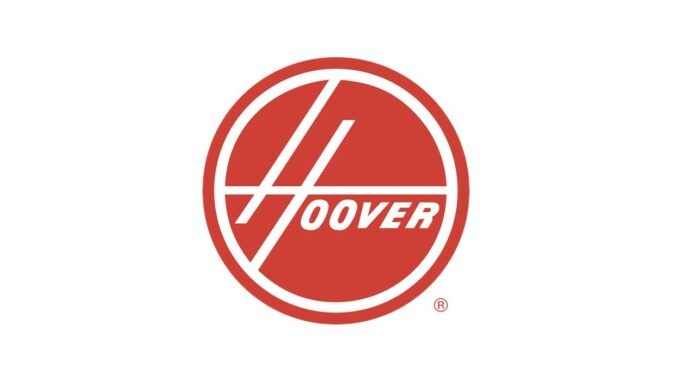What is the best way to dump a plethora of stock that is turning out to be outdated? Use that trump card called the buy-one-get-two-free marketing technique.
In late 1992, Hoover’s UK division wanted to introduce something to shake up their falling sales figures, defend against the environment of the recession and kill its competition. They accomplished this trio of a task in the most captivating way possible.
What could be their solution? Provide two free flights to Europe and right after to America, to every consumer who spent above £100 on a product of Hoover? Sure, why not. Intending to determine the crucial decision for the company, it eventually turned out to leave it in ruins and lose millions along the way.
Between 1987 and 1991, Hoover’s sales decreased, and their inventory inclined, and this became an issue. Because of this, their profits dropped around 50%, from $147 million to $74 million.
Hoover was seeking a solution, and at that moment, they got approached by a struggling travel agent. Back then, they introduced their now infamous promotion, “Two Return Flight Tickets: Unbelievable.” Yes, that’s right. Any consumer who purchased above £100 on Hoover items, they were offered free flights to Europe.
However, Hoover placed hurdles for the consumers because they knew if this is the strength of the offer, they would be drowning. They included registrations, 14-day deadlines, and numerous forms and also, the authority to dismiss the customer’s destination options and provide their alternatives instead. It was still a perfect win-win situation.
It was August 1992, and they took a decision so quickly, they regretted it. They approached another travel agent to extend the deal to America. Nothing to say here; the sales exploded.
Almost 300,000 vacuums were sold and Hoover’s executives were joyous. Who would not be when the firm captured 50% of the UK market share for the first time.
However, there was a grave problem. Customers purchased a Hoover product unnecessarily, realizing it was cheaper than the flights. They began redeeming the deal in the thousands. The lowest costing vacuum sold for £120. Throw in the humungous cost of flights to America as well, the firm had no chance but to lose hundreds of pounds. On every sale.
Now, overwhelmed with sales, they had to boost the production of the lowest costing model, putting factories on overtime, seven days a week.
Underestimate how many customers would take up the offer, now they had to pay for 600,000 flights. They used their last “magic” trick in the book; forms went missing, sent mail on holidays to delay the return, you name it.
Nothing much had happened, customers started demanding their promised offer, but when that did not work out, Hoover was taken to the court. Then, Hoover’s US owner paid $72 million to close the deal of 220,000 people but left almost 350,000 hanging.
Hoover carried a reputation that was irreparable and eventually sold the entire European branch to Candy.
Follow and connect with us on Facebook, LinkedIn & Twitter

